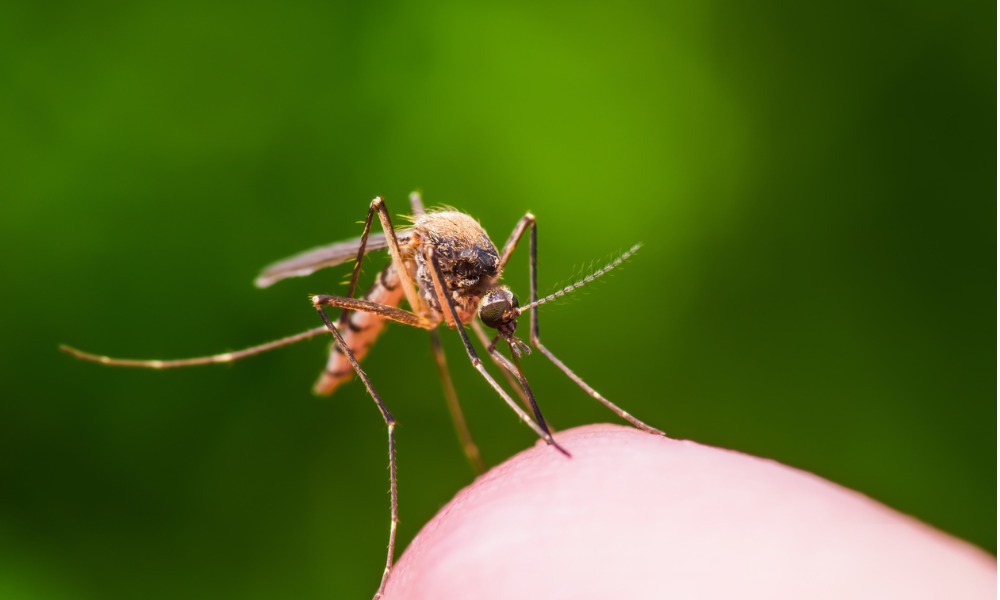1Cover reports doubling of dengue fever claims

1Cover reports doubling of dengue fever claims | Insurance Business Australia
Travel
1Cover reports doubling of dengue fever claims
Company urges precautions
Travel
By
Roxanne Libatique
1Cover Travel Insurance (1Cover) has noted a significant increase in dengue fever cases, with claims doubling this year.
The insurer currently oversees around five claims weekly and urges travellers to take precautions when visiting areas prone to dengue fever.
According to the World Health Organization, over five million cases have been reported since early 2023. This spike is linked to the post-COVID resurgence in travel and the El Niño climate pattern.
Financial impacts of catching dengue fever
Natalie Smith, spokesperson for 1Cover, explained the financial implications of contracting dengue fever abroad.
“Contracting dengue fever overseas can have serious implications on both your health and finances. Even in moderate cases, the average cost to treat and assist travellers with dengue fever is about $7,000,” she said. “We recently assisted a couple in their 20s, both sick with dengue fever, which led to a $20,000 claim. We also had a $52,000 claim involving model Emily Gurr, who had contracted a severe case of dengue fever during her travels throughout Asia. Emily was in hospital for 10 days and had to be air-evacuated back home to Australia for further treatment.”
Although most dengue fever cases are mild, Smith stressed that severe cases – which occur in approximately one in 20 individuals – can result in serious complications such as shock, internal bleeding, and death.
“While there is no specific treatment for dengue fever, patients may require hospitalisation, IV treatment, and in some cases, a blood transfusion. If you’re holidaying in a tropical region and experience a high fever, severe headache, and/or nausea, you should seek medical help immediately,” she said.
Increase in dengue fever cases across the globe
The rise in dengue fever cases correlates with increased outbreaks in popular travel spots.
In April, Samoan health authorities reported over 200 cases since November. Meanwhile, Western Australia’s health department recorded 138 cases this year, mostly linked to Indonesia, which reported over 60,000 cases in 2024 alone.
“Most of the cases we’ve seen have come from South-East Asia and specifically Bali, Thailand, and the Philippines. Given Bali’s particular popularity, we are urging travellers to take preventative measures to reduce their risk of exposure and ensure they have travel insurance,” Smith said.
Dengue fever precautions
Currently, there is no vaccine for dengue fever. Preventative measures include:
using insect repellent with DEET;
wearing long-sleeved, light-coloured clothing;
using mosquito nets;
avoiding peak mosquito activity times; and
eliminating stagnant water where mosquitoes breed.
For those who contract dengue fever, treatment involves rest, hydration, and paracetamol. Severe cases require prompt medical attention.
Travellers should contact their travel insurer for assistance with medical treatment and emergency support.
With the recent dengue fever outbreak, Smith emphasised the importance of travel insurance.
“This recent outbreak only adds to the many reasons travellers shouldn’t undermine the value of travel insurance. Despite their allure, tropical destinations have their share of risks. Don’t assume it won’t happen to you and make sure you’re covered. Your future self will thank you,” she said.
Related Stories
Keep up with the latest news and events
Join our mailing list, it’s free!






